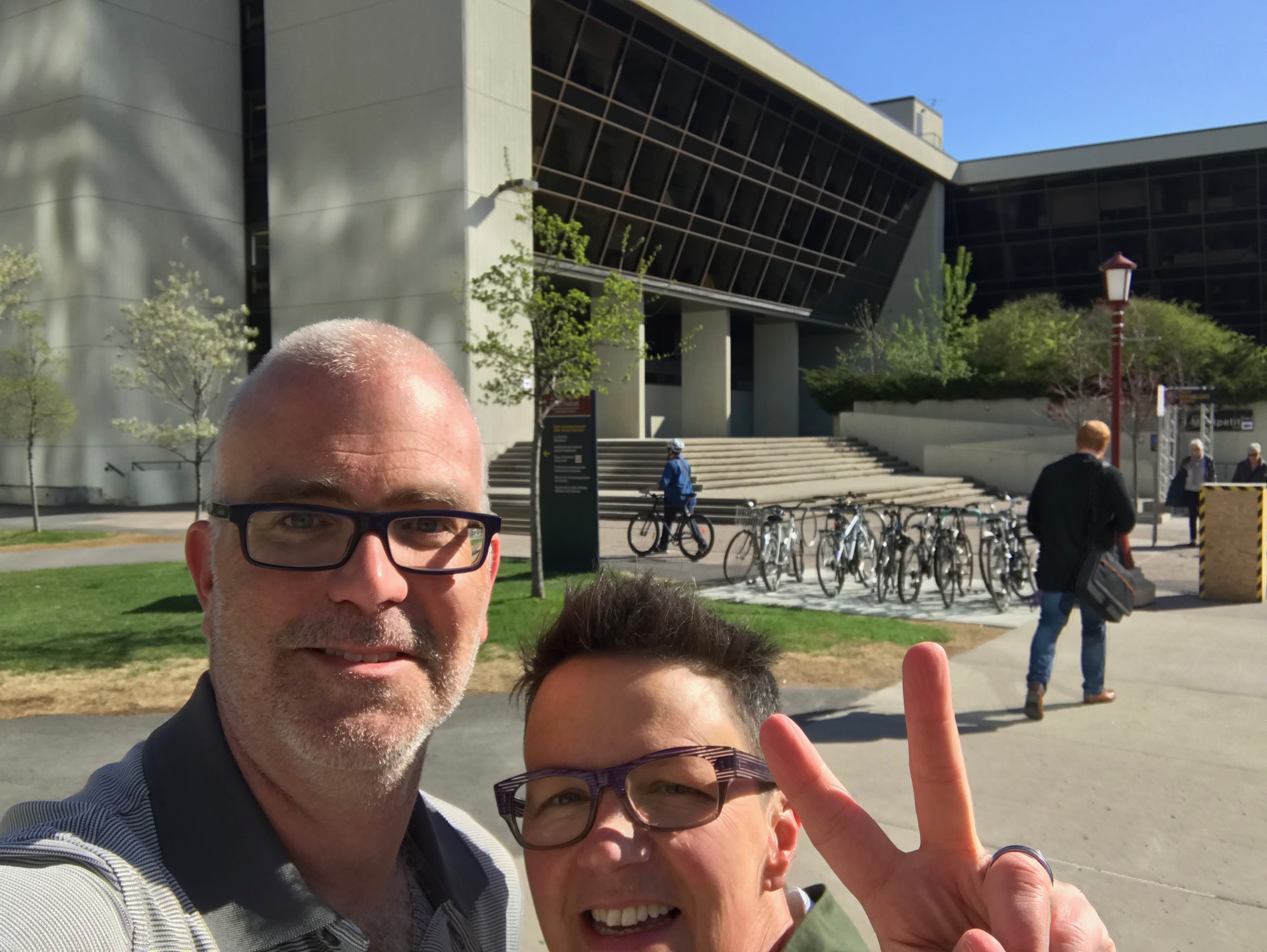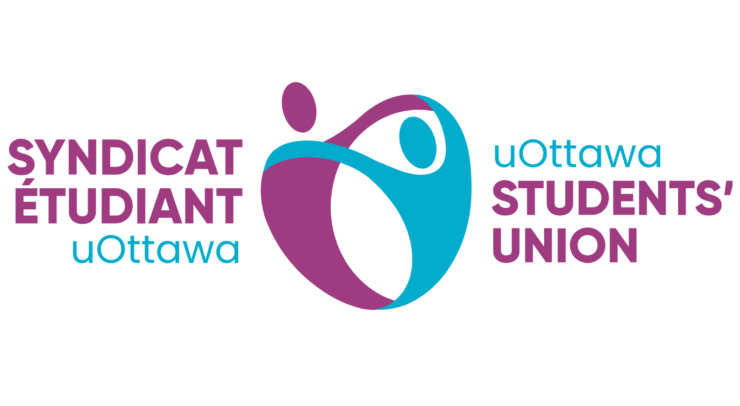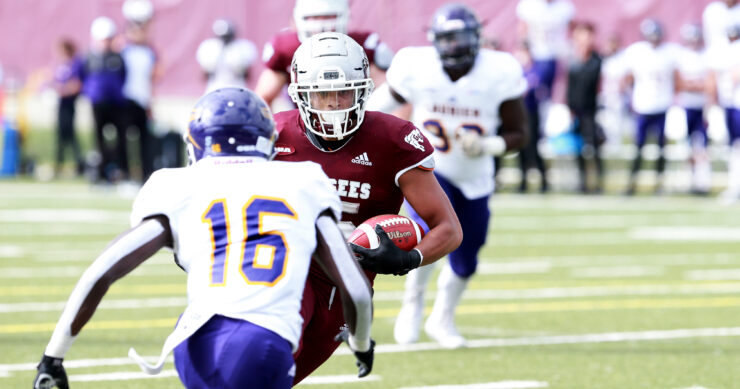What municipal policies will affect U of O students?
On Oct. 22, the City of Ottawa hit the polls and decided on its local representation over the next four years.
The City’s voter turnout increased by three points from the 2014 municipal election, at 42 per cent. The Fulcrum spoke with four winning City councillors in the surrounding areas of the University of Ottawa: Rideau-Vanier, Rideau-Rockcliffe, Somerset, and Kitchissippi.
In interviewing representatives, topics focused on student-related-issues including: accessible and reliable transit, cannabis use on campus, affordable housing, and engaging student-voters in order to increase voter-turnout.
Though asked, all candidates declined to speak on the U of O’s decision to terminate its contract with the Student Federation of the University of Ottawa.
Here’s what your representatives had to say:
Mathieu Fleury, Ward 12: Rideau-Vanier
Mathieu Fleury won his third term as City councillor with 68 per cent of the vote, and credited his win to active volunteers. He represents the immediate area surrounding the University of Ottawa in Rideau-Vanier.
In previous terms, Fleury played a lead role in developing the U-Pass, increasing transit service during peak hours, creating landlord education sessions, as well as implementing Welcome Week Walkabouts. He also helped to create safety measures for high traffic student events, such as the Panda Game.
Revitalization and beautification of Montreal Road is a concern on his most recent platform. Fleury aims to implement property standards, and redirect traffic of interprovincial trucks from King Edward Avenue by way of creating an underground tunnel.
Fleury is also interested in increasing affordable housing and support services.
On cannabis use, he responded that the University of Ottawa will decide on the on-campus policy, which currently states that students are allowed to smoke cannabis in designated cigarette smoking zones.
To engage student voters, Fleury said speaking with youth at schools is the best way to involve students in local politics. He aims to see municipal representatives on campus more often.
Tobi Nussbaum, Ward 13: Rideau-Rockcliffe
Tobi Nussbaum, representing the Rideau-Rockcliffe area, won his second term with 80 per cent of the vote.
Nussbaum is interested in increasing affordable housing and affordable transit. Both will give students greater access to the university, he says.
Nussbaum says the U-Pass is affected by the high rates on the OC Transpo bus pass, which he hopes to lower. The Light Rail Transit (LRT) system is something Nussbaum says should help alleviate an over-capacitated transit system.
“That doesn’t mean we can let our foot off the gas when it comes to bus service,” he said. “There’s huge parts of our city where residents still rely on effective reliable frequent bus service.”
For Nussbaum, solutions to transit include implementing transit priority measures, such as bus-specific traffic lights and lanes.“We have to make sure that buses are not stuck in regular traffic lanes.”
Cannabis is an issue for the stakeholders at the university, says Nussbaum.
“I think the question that I’m going to have to grapple with is what do we do with public property,” said Nussbaum. “Do we treat cannabis like we do tobacco, and treat it like a smoking product. Or do we treat it like alcohol because its a product that can cause intoxication.”
Nussbaum is interested in balancing the rights of non-users of cannabis with safe-use.
Engaging student voters is an important issue, Nussbaum said. He is interested at introducing ranked ballots at the municipal level and increasing the number of polling stations.
Creating polling stations on campus is another way to engage students. He said he is interested in, “ensuring that students have the opportunity to vote for those who are off campus.”
“People often say students come from different areas and don’t have an interest in local politics,” said Nussbaum. “Well maybe, but lets see—let’s make it easy for them to engage in those issues.”
Catherine McKenney, Ward 14: Somerset
Catherine McKenney, representing the Somerset area, won her second term with 76 per cent of the vote.
McKenney is interested in increasing transit and alternative transportation options, such as widening sidewalks and cycling lanes. She also aims to tackle affordable housing, rentals, and social housing.
“I think it’s too late once the election is happening to try and run around and chase voters, and encourage them to come out to the polls,” McKenney said. “I think you have to be engaged with people all the way through.”
Buses need to come off downtown roads, said McKenney. While the completion of the LRT is important, investing heavily in local transit matters too, she said.
“The OC Transpo operate on a funding model that dictates transit users pay 55 per cent of the operating cost of transit while taxpayers pay 45 per cent,” says McKenney. “I think that at the very least that needs to be reversed so that we don’t continue to see rising transit rates.”
As a member on the Ottawa Board of Health, McKenney says she is concerned with the health concerns associated with cannabis use.
She said she wants to “ensure people are not exposed to more second-hand smoke than they are today.”
“It’s a health issue and I worry that we’re going backwards a little bit.”
Because the University of Ottawa and Carleton (University) are in Ottawa, the City is stronger, said McKenney. She added, “the university is growing and that’s having a lot of impact on surrounding neighbourhoods.
“We have a lot of work to do together to ensure that those impacts are not negative.”
Jeff Leiper, Ward 15: Kitchissippi
Jeff Leiper, representing the Kitchissippi area, won his second term with 85 per cent of the vote.
Leiper is interested increasing affordable housing near transit, safe cycling and winter-maintained cycling routes, changing the transit plan, and addressing gender-based violence, inclusivity, and poverty.
Leiper says that OC Transpo currently suffers from a lack of resources, which can be addressed by adequate funding.
“That’s on Council, not them,” said Leiper. “Many of the problems with reliability are unavoidable when we’re trying to push so many routes through congested downtown streets. It’s beyond capacity.”
Leiper aims to add tax dollars to help keep fares low. The LRT will alleviate current transit strains and have spillover effects, he says.
Now that cannabis has been legalized, he said, smoking is beginning to be viewed as a nuisance.
“The particularly pungent smell of weed is very bothersome to some people,” said Leiper. “A smoke-free campus will help everyone breathe easier.”
Leiper says the idea that student voting doesn’t matter because students aren’t property owners is “absolutely untrue.”
Many day-to-day services impact students, he said, such as law enforcement.
“Simply on transit and housing alone, the importance of municipal government is obvious for students,” said Leiper.
“We need, as a government, to do more to get on campus and engage students with what we do.”





